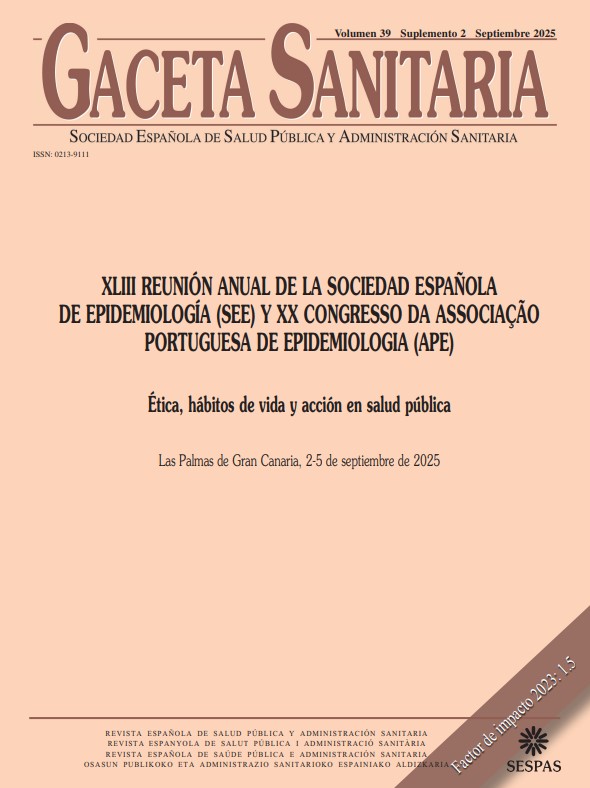397 - MINDFULNESS PRACTICE, OCCUPATIONAL BURNOUT, AND MOOD PROFILES AMONG HEALTHCARE WORKERS IN ASTURIAS AFTER 5 WAVES OF COVID-19 PANDEMICS
Instituto Universitario de Oncología del Principado de Asturias, Universidad de Oviedo; Unit for Research in Emergency and Disaster, Universidad de Oviedo; Health Research Institute of Asturias (ISPA).
Background/Objectives: This study aimed to investigate the associations of mindfulness practices with occupational burnout and mood profiles among healthcare workers in Asturias following five waves of the COVID-19 pandemic.
Methods: A cross-sectional design was employed using data collected in Asturias, Spain between June and July 2022 after the 5th wave of COVID-19 pandemic. A total of 148 responded and 53 healthcare workers completed an online survey comprising the Five Facet Mindfulness Questionnaire to assess mindfulness across its five dimensions, the Maslach Burnout Inventory to determine burnout levels, and the Profile of Mood States to evaluate various mood states.
Results: Higher overall mindfulness was significantly associated with lower negative mood states: anxiety (r = -0.612, p < 0.001), depression (r = -0.625, p < 0.001), anger (r = -0.572, p < 0.001), fatigue (r = -0.523, p = 0.002), and confusion (r = -0.683, p < 0.001), and with higher vigor (r = 0.411, p = 0.002). Logistic regression indicated that increased mindfulness reduced the likelihood of experiencing burnout (B = -0.074, p = 0.009) and feelings of ineffectiveness (B = -0.067, p = 0.004), while enhancing engagement (B = 0.074, p = 0.012). Notably, the facets of nonjudging and nonreactivity emerged as significant predictors of improved mood outcomes.
Conclusions/Recommendations: The findings support that higher dispositional mindfulness, particularly nonjudging and nonreactivity, is associated with reduced burnout and positive mood profiles among healthcare workers. These results support the integration of mindfulness-based interventions in healthcare settings to improve well-being amid high-stress conditions.
Funding: European Union’s Horizon 2020 research and innovation programme under grant agreement No 101016167.















